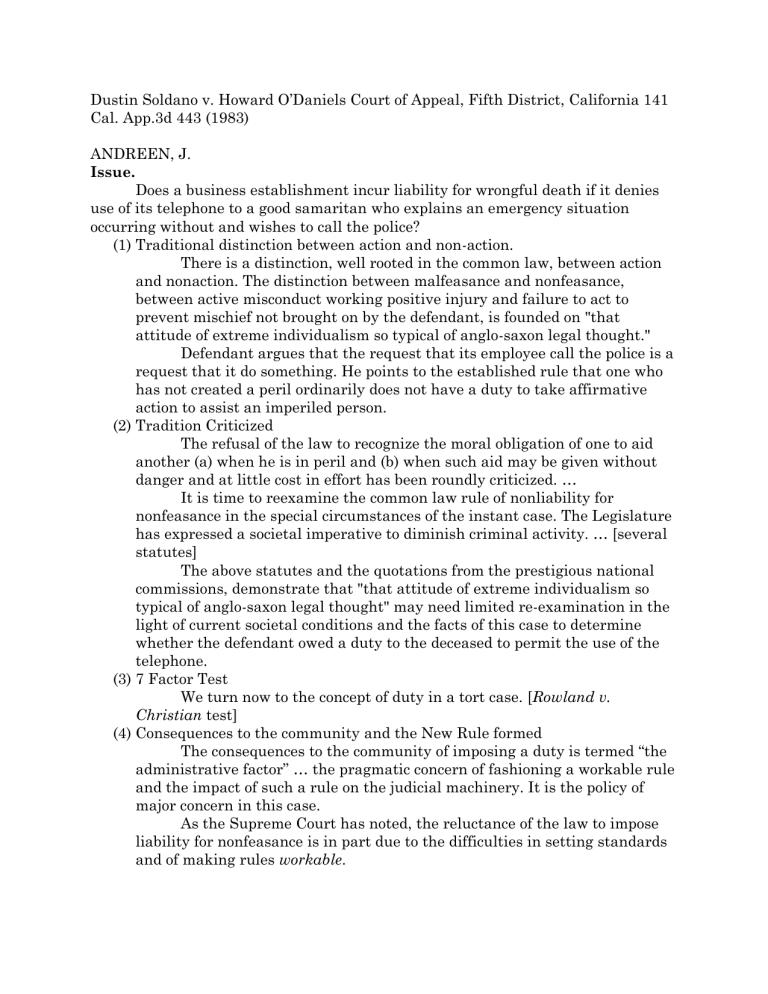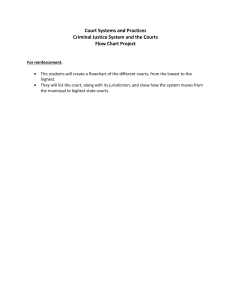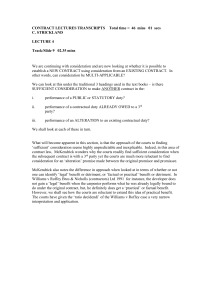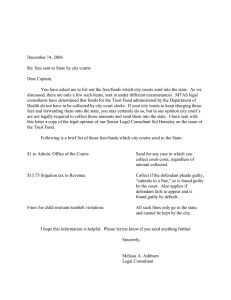
Dustin Soldano v. Howard O’Daniels Court of Appeal, Fifth District, California 141 Cal. App.3d 443 (1983) ANDREEN, J. Issue. Does a business establishment incur liability for wrongful death if it denies use of its telephone to a good samaritan who explains an emergency situation occurring without and wishes to call the police? (1) Traditional distinction between action and non-action. There is a distinction, well rooted in the common law, between action and nonaction. The distinction between malfeasance and nonfeasance, between active misconduct working positive injury and failure to act to prevent mischief not brought on by the defendant, is founded on "that attitude of extreme individualism so typical of anglo-saxon legal thought." Defendant argues that the request that its employee call the police is a request that it do something. He points to the established rule that one who has not created a peril ordinarily does not have a duty to take affirmative action to assist an imperiled person. (2) Tradition Criticized The refusal of the law to recognize the moral obligation of one to aid another (a) when he is in peril and (b) when such aid may be given without danger and at little cost in effort has been roundly criticized. … It is time to reexamine the common law rule of nonliability for nonfeasance in the special circumstances of the instant case. The Legislature has expressed a societal imperative to diminish criminal activity. … [several statutes] The above statutes and the quotations from the prestigious national commissions, demonstrate that "that attitude of extreme individualism so typical of anglo-saxon legal thought" may need limited re-examination in the light of current societal conditions and the facts of this case to determine whether the defendant owed a duty to the deceased to permit the use of the telephone. (3) 7 Factor Test We turn now to the concept of duty in a tort case. [Rowland v. Christian test] (4) Consequences to the community and the New Rule formed The consequences to the community of imposing a duty is termed “the administrative factor” … the pragmatic concern of fashioning a workable rule and the impact of such a rule on the judicial machinery. It is the policy of major concern in this case. As the Supreme Court has noted, the reluctance of the law to impose liability for nonfeasance is in part due to the difficulties in setting standards and of making rules workable. There are two extremes. No rule should be adopted which would require a citizen to open up his or her house to a stranger so that the latter may use the telephone to call for emergency assistance. It does not follow, however, that use of a telephone in a public portion of a business should be refused for a legitimate emergency call. (a) it would be limited to an establishment open to the public during times when it is open to business, and to places within the establishment ordinarily accessible to the public. (b) the duty would arise if and only if it were clearly conveyed that there exists an imminent danger of physical harm. We conclude that the bartender owed a duty to the plaintiff's decedent to permit the patron from Happy Jack's to place a call to the police or to place the call himself. (5) The responsibility of the courts The courts have a special responsibility to reshape, refine and guide legal doctrine they have created. … "In effect the contention is a request that courts abdicate their responsibility for the upkeep of the common law. That upkeep it needs continuously, as this case demonstrates." The inherent capacity of the common law for growth and change is its most significant feature. … This flexibility and capacity for growth and adaptation is the peculiar boast and excellence of the common law. But that vitality can flourish only so long as the courts remain alert to their obligation and opportunity to change the common law when reason and equity demand it: `The nature of the common law requires that each time a rule of law is applied, it be carefully scrutinized to make sure that the conditions and needs of the times have not so changed as to make further application of it the instrument of injustice. Although the Legislature may of course speak to the subject, in the common law system the primary instruments of this evolution are the courts, adjudicating on a regular basis the rich variety of individual cases brought before them." … What the courts have power to create, they also have power to modify, reject and re-create in response to the needs of a dynamic society … … We conclude there are sufficient justiciable issues to permit the case to go to trial and therefore reverse.


